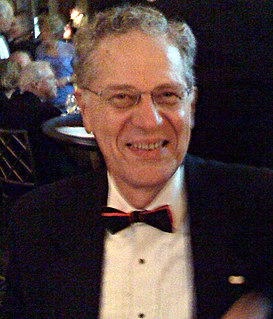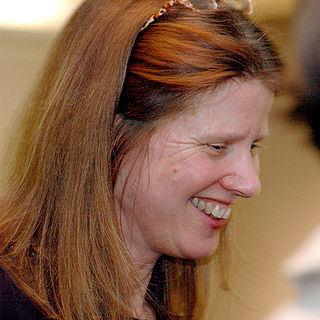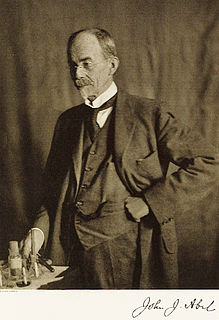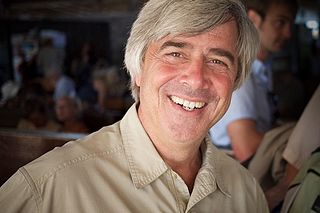A Quote by Michael Faraday
ou can hardly imagine how I am struggling to exert my poetical ideas just now for the discovery of analogies and remote figures respecting the earth, sun, and all sorts of things — for I think that is the true way (corrected by judgment) to work out a discovery.
Related Quotes
Now, as at the beginning of the 19th century, there is a certain discovery of Eckhart and related figures. There are questions as to how far our Eckhart accords with the real medieval teacher of that name, but there are certainly images in his work that help us work our way past several of the aporia with which we're confronted in our attempts to think about God.
So the history of discovery, particularly cosmic discovery, but discovery in general, scientific discovery, is one where at any given moment, there's a frontier. And there tends to be an urge for people, especially religious people, to assert that across that boundary, into the unknown, lies the handiwork of God. This shows up a lot.
Popper and Nabokov are very different people in some ways - and I'm ready to devote large chunks of my life to both of them. Popper didn't think much of words but thought ideas mattered, and Nabokov didn't think much of ideas, but words mattered, and so on. But both of them had a sense that this is a world of infinite discovery, unending discovery. That quest to discover more in any direction is what I think drives me, and what drives humans, when they're doing the most interesting things.
Whoever wishes to acquire a deep acquaintance with Nature must observe that there are analogies which connect whole branches of science in a parallel manner, and enable us to infer of one class of phenomena what we know of another. It has thus happened on several occasions that the discovery of an unsuspected analogy between two branches of knowledge has been the starting point for a rapid course of discovery.
The Most Secret Quintessence of Life is an original work filled with rich, new research, relying on important primary literature which has not, until now, been plumbed and digested. In this book, Chandak Sengoopta offers both a history of hormone discovery and a chronicle of how this discovery transformed our concepts of the body and how our existing concepts of sex and sexuality, in turn, informed our concepts for understanding hormones.



































